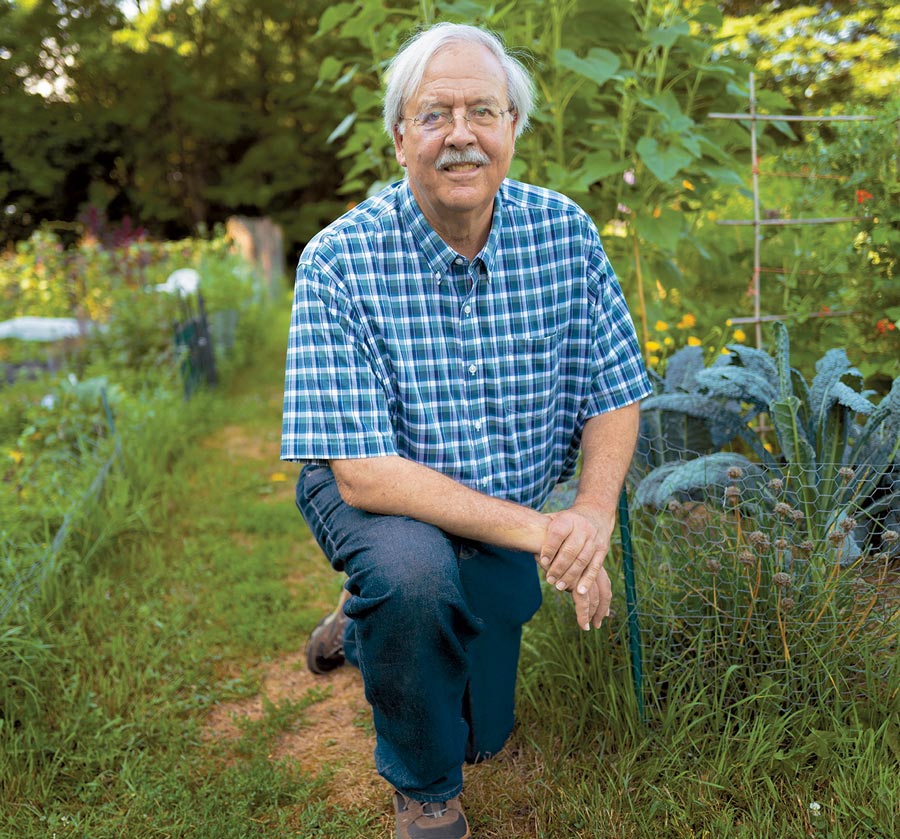Feeding Hope
“They’re launching farms among marginalized communities so people can feed themselves and build support networks,” he says. “It’s gratifying to see that energy crystallize after so many years of laying the groundwork.”
Meter hopes his new book, Building Community Food Webs (Island Press, 2021), will advance their efforts. In it, he shows how industrial, commodity-centered food systems drained wealth from communities, and he “highlights some of the most innovative projects I’ve worked with.”


Feeding Hope
“They’re launching farms among marginalized communities so people can feed themselves and build support networks,” he says. “It’s gratifying to see that energy crystallize after so many years of laying the groundwork.”
Meter hopes his new book, Building Community Food Webs (Island Press, 2021), will advance their efforts. In it, he shows how industrial, commodity-centered food systems drained wealth from communities, and he “highlights some of the most innovative projects I’ve worked with.”
The path has been both prodigious and arduous. “The most effective work emerges through the heavy process of building trust: coming together to heal some of the wounds and inequities we suffer from,” Meter says.
His focus has been documenting the extraction of wealth from communities and working with community groups to reverse it.
Even during the tragedy of the global pandemic, Meter sees hope.
“People experienced a tremendous change in mindset when they couldn’t buy flour and weren’t sure if farmworkers or meat cutters were healthy,” he says. “I’m hopeful that people realize the donations they gave to alleviate this crisis can be applied to fashioning food systems that work for everyone over the long term.”
Meter credits his time at Swarthmore and engagement in Chester, Pa., for advancing his analytical skills and catalyzing his commitment to low-income communities.
After Swarthmore, he moved into a marginalized neighborhood of Minneapolis and helped launch locally owned businesses. He then co-founded a magazine to foster dialogue among community groups.
That led to reporting, which introduced Meter to farmers, bankers, and business leaders struggling to establish independent operations amid this extractive economy. It also helped him to reflect on his family’s background with public service and farming: “My father was born on a Nebraska farm to a family that had farmed for generations.”
“Learning more about where my people came from posed new challenges as I tried to define how I could make a difference,” he says. “I’ve found a more impassioned voice and, hopefully, a more effective life by looking internally and expressing my own heritage.”